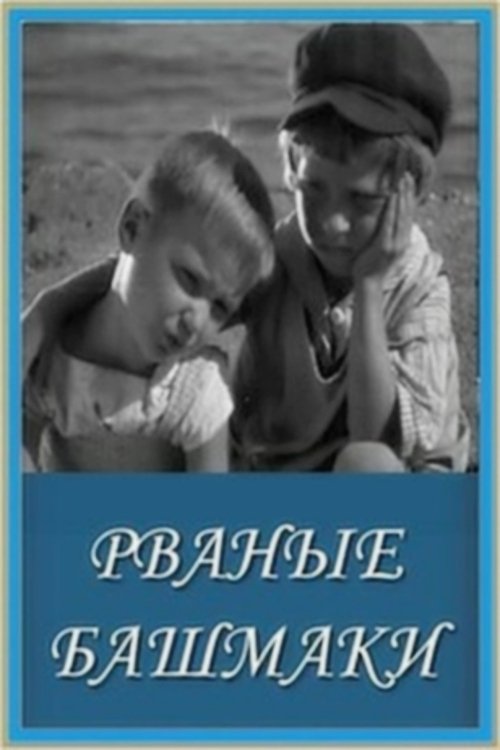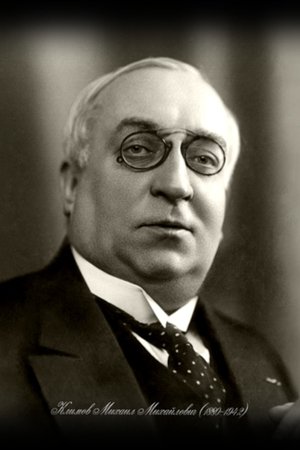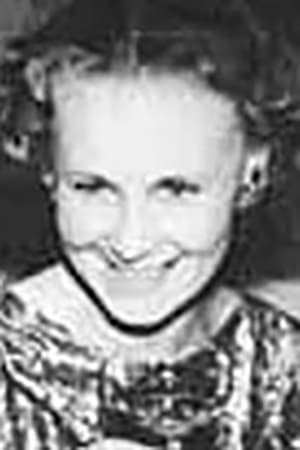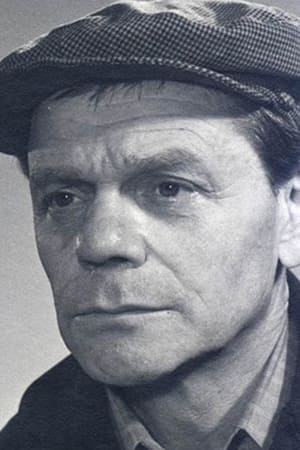Torn Boots (1933)
-
Release12/17/1933
-
ProductionMezhrabpomfilm
-
Rotten tomato10%
-
Original titleРваные башмаки
-
Original languageru
-
Production Cost
-
0.00-
Overview
Working with children led Barskaya to create superb direct sound and an inspired style of shooting. Don’t look for conventional cinematic syntax here. The film is chaotic in the way that Soviet films still knew how to be, and Langlois couldn’t help but be seduced by its rebellious spirit, its anarchy and love of children, comparable to Vigo’s Zero de conduite. As well as being a film made with and for children, it offers a complex take on Western society. Pre-Nazi Germany is not named as such but is carefully reconstructed, possibly under advice from Karl Radek, and children offer a playful reflection of class struggle – doubly excluded, as proletarians and as minors. “They play in the same way that they live”, one intertitle says. The interaction between their comical games and the yet more ludicrous ones played by adults is developed on several levels.
-
Director
Currently available to stream, watch for free, rent, and buy in the United States. You can makes it easy to find out where you can legally watch your favorite movies & TV shows online.




